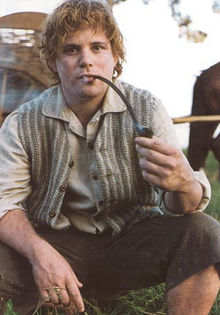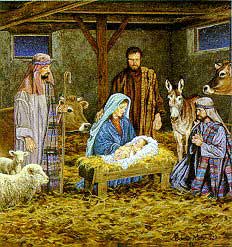 With the newest Star Wars movie just out, many fans of speculative fiction are squeezing in the movie, despite the busy Christmas season. As fun as it is, and as filled with non-Christian (Buddhist?) religious overtones, it’s still speculative. Imaginary creatures and worlds and wars and weapons make for a lot of entertainment.
With the newest Star Wars movie just out, many fans of speculative fiction are squeezing in the movie, despite the busy Christmas season. As fun as it is, and as filled with non-Christian (Buddhist?) religious overtones, it’s still speculative. Imaginary creatures and worlds and wars and weapons make for a lot of entertainment.
But it is Christmas, or nearly so, and naturally my focus turns to the Christmas story. The true, Biblical story. I understand that many people in the world look at the accounts recorded in Luke 1 and 2 and Matthew 1 and 2 as myth. And with good reason. Those passages read like speculative fiction.
I suppose a good number of other passages in the Bible also read like speculative literature, but the Christmas story seems to have compacted a number of speculative tropes. There are several angelic visitations, for example. Joseph had a conversation with an angel, and so did Mary. But before them was Zacharias, John the Baptist’s dad, and his encounter with the angel of God in the temple. Most dramatic, and perhaps most well know, was the visitation of the shepherds, first by a single angel, then by “a multitude of the heavenly host.”
Dreams come into play in the Christmas story as well. Joseph’s encounter with the angel was apparently in a dream, but there was a second dream that apparently saved Jesus’s life. When the wisemen snubbed Herod and didn’t return to Jerusalem to tell him where the Christ child was, he sent a military force to kill all the babies, two years old and younger, in the environs of Bethlehem. Jesus would have been swept up in that infanticide, but for Joseph’s dream that he should take his little family and escape to Egypt.
Speaking of wisemen, their part in the Christmas story is also mysteriously speculative. Wisemen is probably a more palatable term than magicians in this day and age, but they were magi—people schooled in reading the heavens as if the story of humankind has been written in the stars. Hence, afar off in their eastern home, they looked into the night sky and saw a star that told them a king was born in Judea.
 Again, undoubtedly by way of erasing some of mysterious from the story, songs and paintings and retellings portray this star as particularly bright. But nowhere in Scripture is such an idea presented. In fact, if the star had been bright, it seems likely that many more people, not just the magi, would have found Jesus.
Again, undoubtedly by way of erasing some of mysterious from the story, songs and paintings and retellings portray this star as particularly bright. But nowhere in Scripture is such an idea presented. In fact, if the star had been bright, it seems likely that many more people, not just the magi, would have found Jesus.
But there’s more amazing things about this star. First, the wisemen didn’t follow it to Jerusalem where they encountered King Herod. They simply saw the star and proceeded to the most logical place where a king would be born—the seat of power of that country. But not finding him there, they left and the star appeared again. Just appeared. One night it wasn’t there, the next it was. And this time it moved at a perceptible rate so they could follow it. And then it stopped. Right over the house where, by this time, Jesus was.
Mysterious? Magical? Miraculous? Whatever you want to call it, it has the ring of speculative fiction.
But that’s not the half of it. Remember those wisemen? When they, in bafflement, prodded King Herod about the newborn king they expected to find in his palace, he turned to the chief priests and scribes who in turn went to Scripture. They quoted to Herod a version of Micah 5:2.
But as for you, Bethlehem Ephrathah,
Too little to be among the clans of Judah,
From you One will go forth for Me to be ruler in Israel.
His goings forth are from long ago,
From the days of eternity.â
Prophecy, then, also played a part in the Christmas story. Specifically the angel who appeared to the nameless shepherds predicted where they could find the Christ Child—in Bethlehem—and under what conditions they’d find him—wrapped in cloths and lying in a feeding trough. As odd as it sounded, those men acted on what they’d been told and went to Bethlehem where they found Jesus just as the angel had said.
Of course, the bulk of prophecy connected to the Christmas story comes from the Old Testament, not the least of which is Isaiah 7:14:
Therefore the Lord Himself will give you a sign: Behold, a virgin will be with child and bear a son, and she will call His name Immanuel.
Virgin. A woman who had not had sex. And she was pregnant.
Of course Zacharias’s wife Elizabeth was barren and she was also pregnant—with John the Baptist, as it turned out.
This impossible pregnancy was the announcement the angel had given Zacharias in the temple—the announcement he didn’t really believe. Consequently the angel gave him a sign, too, to convince him this birth was a miraculous movement of God. Zacharias would not be able to speak until John was born.
Sure enough, when he came out of the temple, he was unable to tell anyone about the message he had received from the angel. But nine months later, when he wrote that his newborn son’s name was John, his tongue was loosed and he could speak again.
A barren woman, pregnant. A virgin, pregnant. A healthy man, mute. These physical impossibilities were perhaps the greatest elements that seemed speculative in the entire story. But there were neighbors and family members and town gossips who witnessed each one.
Undoubtedly a number of people thought Mary was simply a sinner who had engaged in premarital sex, possibly with Joseph, but perhaps with some mysterious lover they didn’t know about. So they could explain away the impossibility of Jesus’s conception by their own imagination and suspicions.
But what were they to do about Elizabeth? Or Zacharias? How many years had they lived as a childless couple? Long enough to provoke his own doubt. And there was no hiding Zacharias’s inability to speak. As the priest he was to come out of the temple and bless the people. But he couldn’t do it. His public incapacity to speak was not something he could hide. Nor was the immediate restoration of his speech.
 There’s more: Simeon, speaking prophecy over baby Jesus when his parents brought Him to be circumcised. John the Baptist, yet unnamed, jumping in his mother’s womb at the sound of the just-pregnant Mary’s voice. Elizabeth, blessing Mary because she “believed that there would be a fulfillment of what had been spoken to her by the Lord,” though apparently Mary had yet to tell Elizabeth about the angel and his message.
There’s more: Simeon, speaking prophecy over baby Jesus when his parents brought Him to be circumcised. John the Baptist, yet unnamed, jumping in his mother’s womb at the sound of the just-pregnant Mary’s voice. Elizabeth, blessing Mary because she “believed that there would be a fulfillment of what had been spoken to her by the Lord,” though apparently Mary had yet to tell Elizabeth about the angel and his message.
Yep, speculative fiction, for sure. Except for one key point which has to do with God and His nature. The angel said it to Mary:
For nothing will be impossible with God. (Luke 1:37)
If nothing is impossible with God, then all the mysterious, “magical,” miraculous events were His doing, and they really happened. The story might read like speculative fiction, but it is far better because it is true.
Wishing you all a Merry Christmas!


































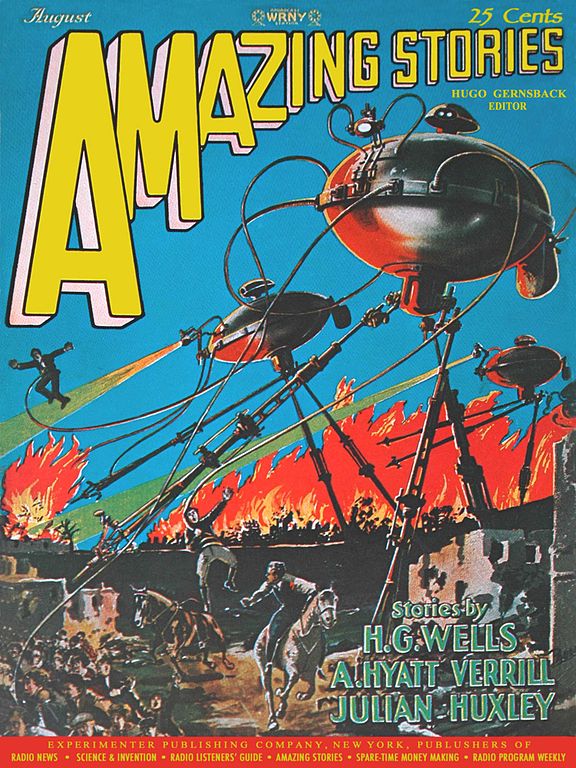
 With 2015 racing to a close, I’ve been thinking about time. Which brought to mind the use of time in speculative fiction. How important is it? How does it function?
With 2015 racing to a close, I’ve been thinking about time. Which brought to mind the use of time in speculative fiction. How important is it? How does it function?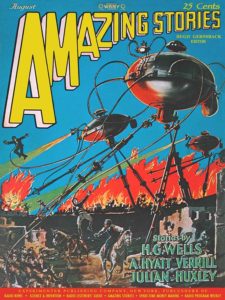 Science fiction involving space travel deals with the passing of time by creating ways characters can move from place to place over incredible distances. New fuels, for instance, allow ships to travel faster than the speed of light. Transporters move molecules from one place to the other in seconds.
Science fiction involving space travel deals with the passing of time by creating ways characters can move from place to place over incredible distances. New fuels, for instance, allow ships to travel faster than the speed of light. Transporters move molecules from one place to the other in seconds. 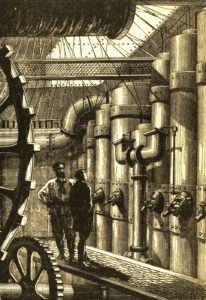 Steampunk, on the other hand, is tied to a different time:
Steampunk, on the other hand, is tied to a different time:

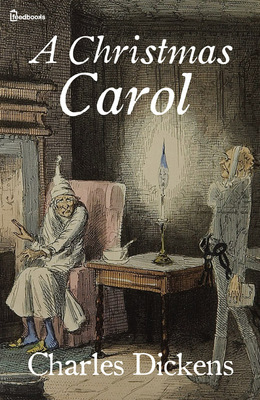
 story. The full title is A Christmas Carol In Prose, Being A Ghost Story of Christmas. I would like to examine this element of A Christmas Carol, neatly summed up in that incongruous phrase A Ghost Story of Christmas.
story. The full title is A Christmas Carol In Prose, Being A Ghost Story of Christmas. I would like to examine this element of A Christmas Carol, neatly summed up in that incongruous phrase A Ghost Story of Christmas.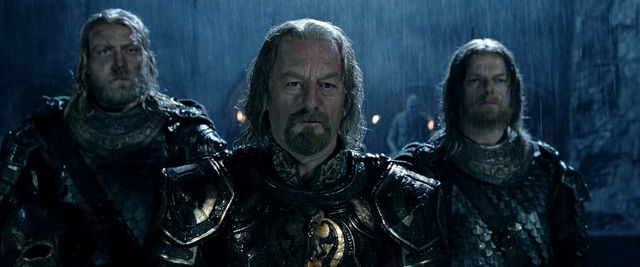


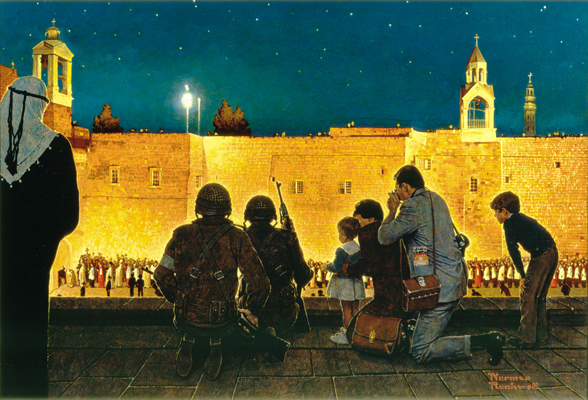
 With the newest Star Wars movie just out, many fans of speculative fiction are squeezing in the movie, despite the busy Christmas season. As fun as it is, and as filled with non-Christian (Buddhist?) religious overtones, it’s still speculative. Imaginary creatures and worlds and wars and weapons make for a lot of entertainment.
With the newest Star Wars movie just out, many fans of speculative fiction are squeezing in the movie, despite the busy Christmas season. As fun as it is, and as filled with non-Christian (Buddhist?) religious overtones, it’s still speculative. Imaginary creatures and worlds and wars and weapons make for a lot of entertainment. Again, undoubtedly by way of erasing some of mysterious from the story, songs and paintings and retellings portray this star as particularly bright. But nowhere in Scripture is such an idea presented. In fact, if the star had been bright, it seems likely that many more people, not just the magi, would have found Jesus.
Again, undoubtedly by way of erasing some of mysterious from the story, songs and paintings and retellings portray this star as particularly bright. But nowhere in Scripture is such an idea presented. In fact, if the star had been bright, it seems likely that many more people, not just the magi, would have found Jesus. There’s more: Simeon, speaking prophecy over baby Jesus when his parents brought Him to be circumcised. John the Baptist, yet unnamed, jumping in his mother’s womb at the sound of the just-pregnant Mary’s voice. Elizabeth, blessing Mary because she “believed that there would be a fulfillment of what had been spoken to her by the Lord,” though apparently Mary had yet to tell Elizabeth about the angel and his message.
There’s more: Simeon, speaking prophecy over baby Jesus when his parents brought Him to be circumcised. John the Baptist, yet unnamed, jumping in his mother’s womb at the sound of the just-pregnant Mary’s voice. Elizabeth, blessing Mary because she “believed that there would be a fulfillment of what had been spoken to her by the Lord,” though apparently Mary had yet to tell Elizabeth about the angel and his message. 


 The Emperor claims to have set this trap all along. How does this make the story better?
The Emperor claims to have set this trap all along. How does this make the story better?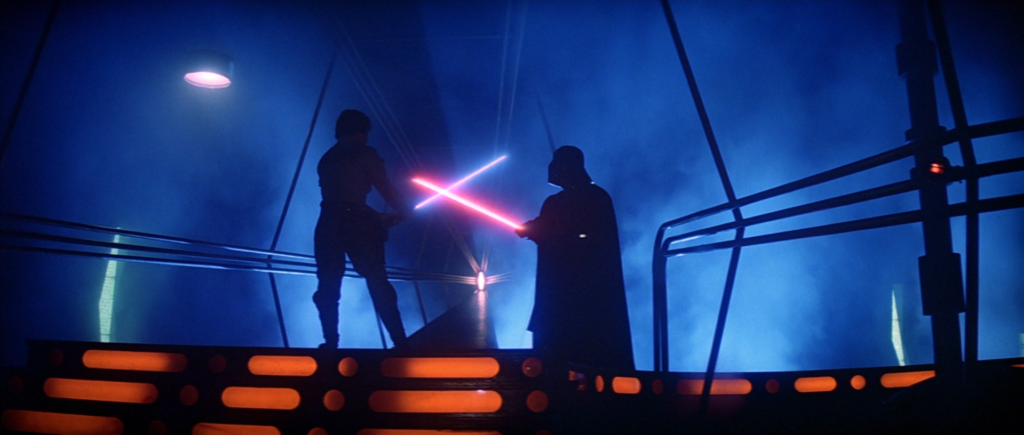




 de and I will give it a go, especially since December and January are the wasteland months of cable TV.
de and I will give it a go, especially since December and January are the wasteland months of cable TV. ened numerous times on the page and on the screen, people have confronted their place in the universe and been utterly broken. I think that would be a perfect moment to truly examine what one believes. Ultimately, it comes down to faith.
ened numerous times on the page and on the screen, people have confronted their place in the universe and been utterly broken. I think that would be a perfect moment to truly examine what one believes. Ultimately, it comes down to faith.